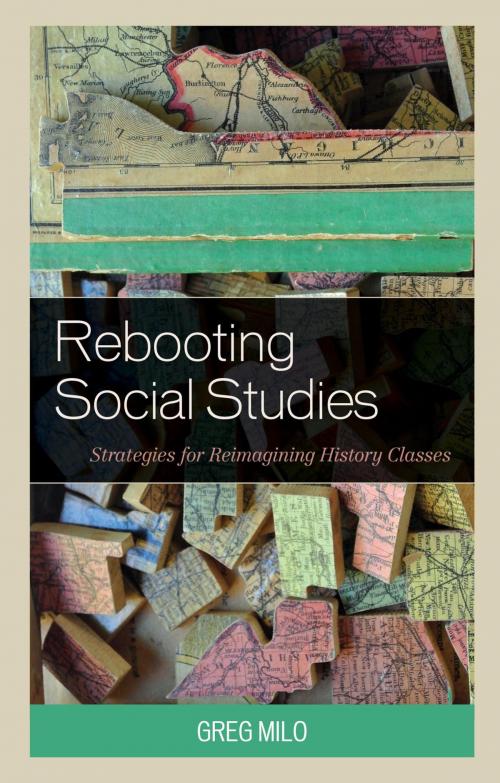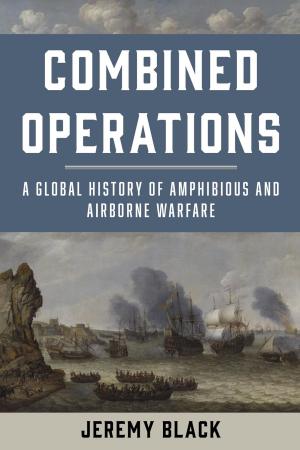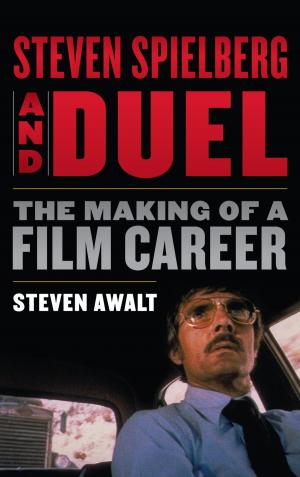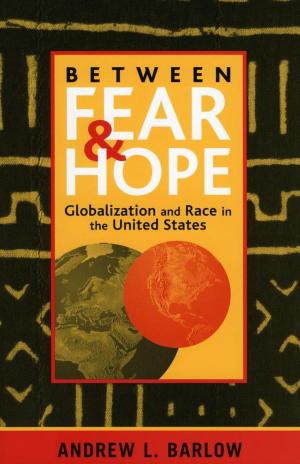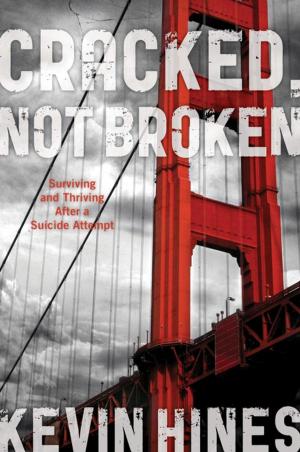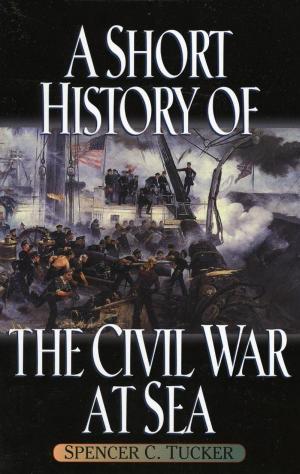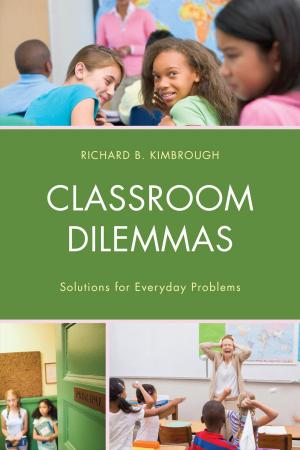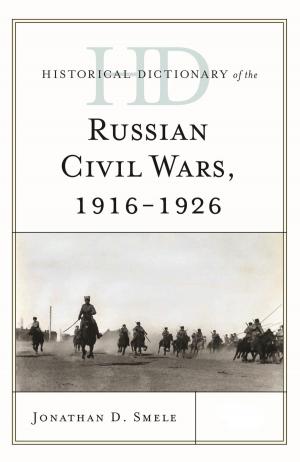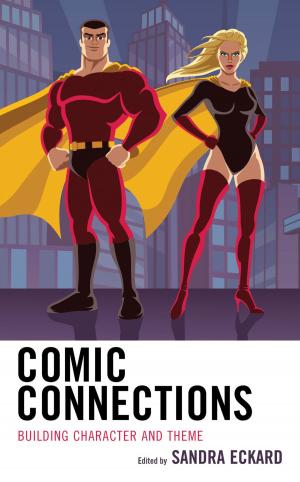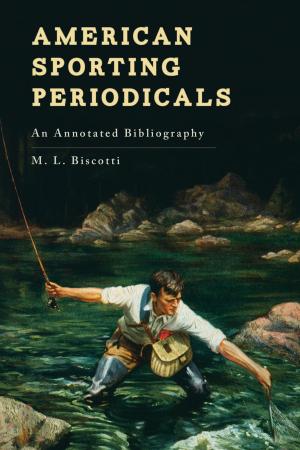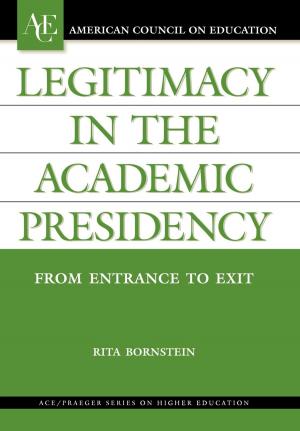Rebooting Social Studies
Strategies for Reimagining History Classes
Nonfiction, Reference & Language, Education & Teaching, Educational Theory, Curricula, Teaching, Teaching Methods| Author: | Greg Milo | ISBN: | 9781475828771 |
| Publisher: | Rowman & Littlefield Publishers | Publication: | March 1, 2017 |
| Imprint: | Rowman & Littlefield Publishers | Language: | English |
| Author: | Greg Milo |
| ISBN: | 9781475828771 |
| Publisher: | Rowman & Littlefield Publishers |
| Publication: | March 1, 2017 |
| Imprint: | Rowman & Littlefield Publishers |
| Language: | English |
Those facts. Those dates. Those four walls. Those still and petrified fossils of traditional history courses. Sure, it's history, but do we have to turn to tradition for guidance? Let's make it worth the students time. Let's give them something to take beyond their high school experience. Let's reboot history. The goal of the social studies is to provide students with the tools necessary to be active and productive citizens. History teachers need to assist their students in developing problem-solving skills for real-life scenarios, and this can be done whether we teach students about Ancient Athens or modern Akron, Ohio. The ancient Mediterranean, the Italian Renaissance, and the British East India Company are very distant concepts, far from what our students find as relevant. The same skills can be acquired by studying something nearer to the students' interests and everyday life. So, take a moment to take a step back from the history curriculum, and ask yourself: "What skills will my students need in five years?"
Those facts. Those dates. Those four walls. Those still and petrified fossils of traditional history courses. Sure, it's history, but do we have to turn to tradition for guidance? Let's make it worth the students time. Let's give them something to take beyond their high school experience. Let's reboot history. The goal of the social studies is to provide students with the tools necessary to be active and productive citizens. History teachers need to assist their students in developing problem-solving skills for real-life scenarios, and this can be done whether we teach students about Ancient Athens or modern Akron, Ohio. The ancient Mediterranean, the Italian Renaissance, and the British East India Company are very distant concepts, far from what our students find as relevant. The same skills can be acquired by studying something nearer to the students' interests and everyday life. So, take a moment to take a step back from the history curriculum, and ask yourself: "What skills will my students need in five years?"
